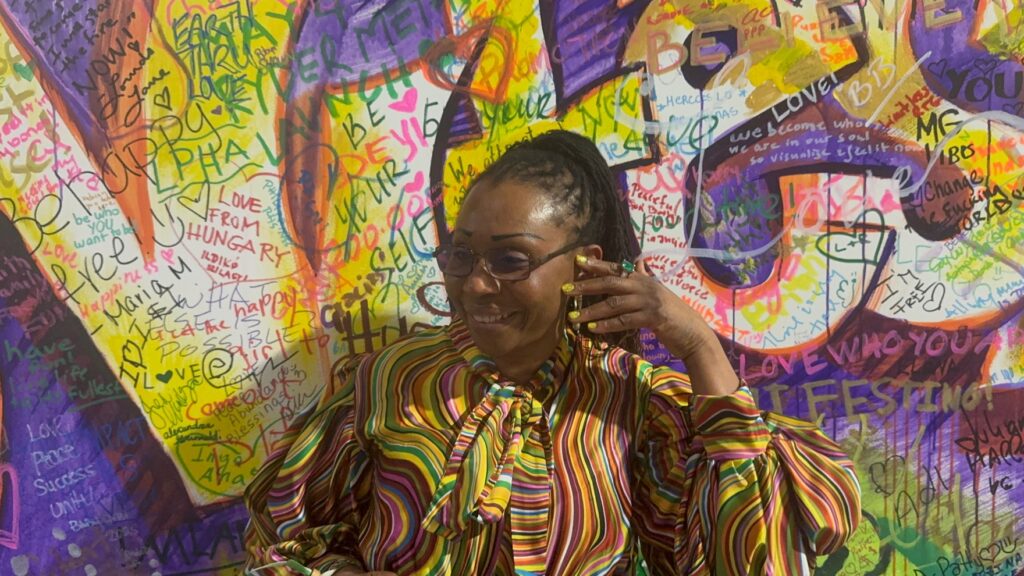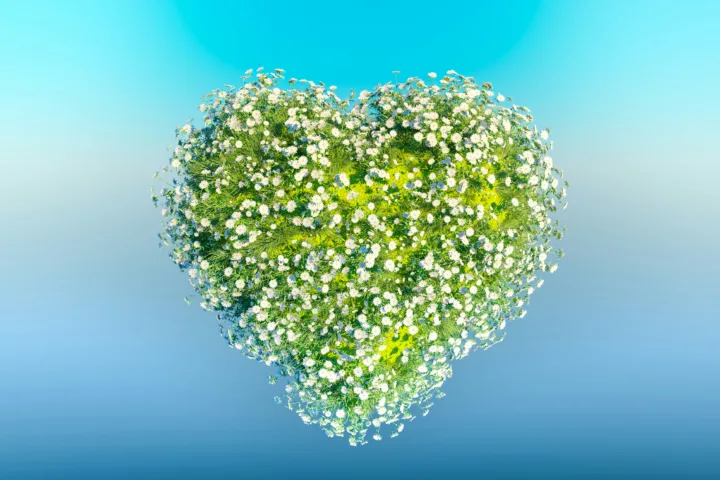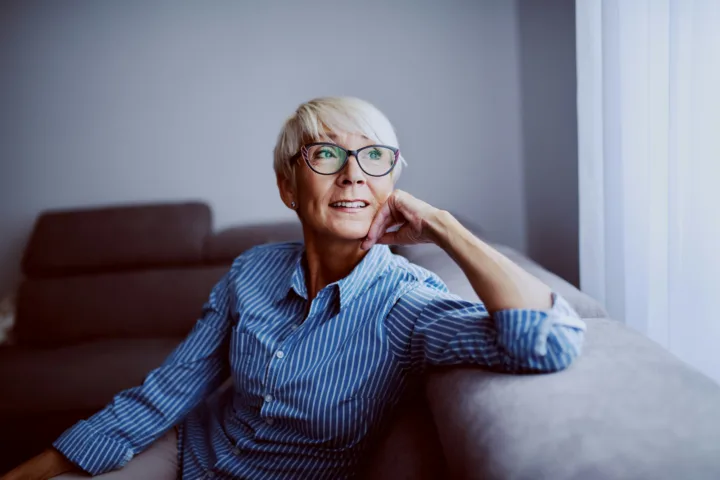While International Women’s Day serves as a powerful beacon, illuminating the struggles and triumphs of women worldwide, its passing begs the question: What about March 9th, 10th, 11th, and all the days that follow?
Each day unfolds as a testament to the enduring spirit and resilience of women, who navigate the undercurrents of societal ‘isms’ with unwavering strength.
Ladies, as we journey beyond the commemorations of a single day, let’s delve deeper into the fabric of our daily existence, where the ‘isms’—ageism, sexism, racism, and more—cast long shadows over our paths. These are not mere buzzwords but real challenges that shape our experiences, mold our identities, and test our resolve.
In this continuous battle against the ‘isms’, each day is an opportunity to confront these pervasive forces, to stand in solidarity, and to weave a tapestry of change. It’s about recognizing that the struggle for equality and justice is not confined to a day, but is an ongoing quest, demanding our attention, courage, and action.
So, let us embrace the emotional depth of our collective journey, acknowledging the pain and celebrating the progress, as we forge ahead with determination.
✿ Thank you for reading!
Subscribe to be our bestie, no spam—just good vibes once a month.
Together, we can transform the narrative, turning every day into a powerful statement of resistance, resilience, and relentless hope. In this spirit, let’s continue to confront the ‘isms’ head-on, advocating for a world where every woman’s worth is recognized, every day of the year.

Here are the worst “isms” that we face almost daily.
Ageism: Whether you’re seen as “too young” or “too old,” ageism means being judged or dismissed because of your age.
Sexism: It’s the everyday battle against unfair treatment and stereotypical attitudes simply because we are women.
Racism: This ‘ism’ shows up as discrimination or prejudice based on our race or the color of our skin, affecting us in both overt and subtle ways.
Classism: Ever felt out of place or unfairly treated because of your financial status or background? That’s classism at work.
Ableism: This form of discrimination hits when there’s a lack of consideration or accessibility for those with disabilities, visible or not.
Nationalism: Ever been made to feel like an outsider because you’re not from “here” or don’t share the dominant national identity? That’s nationalism.
Elitism: If you’ve been judged or left out because you’re not considered part of a certain elite or social group, you’ve encountered elitism.
Colorism: This ‘ism’ involves prejudice or discrimination against individuals with a darker skin tone, often within the same racial or ethnic group.
Sizeism: Facing negativity or judgment because of your body size or weight? That’s sizeism in action.
These ‘isms’ are persistent, creeping into our lives, creating obstacles, and making life unnecessarily challenging.
Even though International Women’s Day is a highlighted time to reflect on these issues, we deal with them daily.
We need to keep the conversation going, support each other, and challenge these outdated ‘isms’ every single day.
Let’s stand united, offering a shoulder to lean on and asking, “How can I help?” Beyond the gestures and symbolic acts, fundamental understanding and support make a difference. The fight against these ‘isms’ is ongoing, but together, we are formidable. Let’s continue to break down these barriers, advocating for a world where we are valued for who we are every day of the year.
Facts and Researches
In this societal dynamics, women face a continuum of ‘isms’—from ageism to sizeism—that weave complex barriers to achieving true gender equality. Empirical studies and data bring these pervasive issues into sharp focus, emphasizing the imperative for nuanced comprehension and proactive measures.
Ageism in the workplace sees older women battling hiring prejudices and younger women contending with underestimation. Research from the National Bureau of Economic Research illuminates this bias, revealing that older women’s resumes garner fewer callbacks than those of younger women and men, spotlighting the intertwined nature of age and gender discrimination.
Sexism, with its deep-seated roots, pervades various life aspects, affecting career trajectories and everyday interactions. The World Economic Forum’s 2020 Global Gender Gap Report starkly predicts that gender equality won’t be realized for another 99.5 years, given the current rate of progress, highlighting the persistent gap in gender equity.
Racism compounds the challenges for women of color, who face added layers of discrimination. Pew Research Center findings indicate that Black women in the U.S. frequently face workplace discrimination, with a significant percentage reporting competency-based prejudice due to their race or ethnicity.
Classism adds another dimension, with one’s economic standing influencing educational and professional opportunities. The American Association of University Women’s research reveals that women from lower socioeconomic backgrounds are less likely to graduate from college, impacting their career and earning potential.
Ableism presents significant hurdles for women with disabilities, leading to increased unemployment and underemployment rates. A United Nations report notes that women with disabilities are significantly less likely to find employment compared to their male counterparts and non-disabled women.
The exclusivity enforced by heterosexism and elitism sidelines those not conforming to heteronormative or elite societal norms. Research from the Human Rights Campaign shows that LGBTQ+ women experience higher instances of bias and harassment, reflecting the prevalence of discrimination in their lives.
Colorism and sizeism subtly yet significantly influence self-image and societal inclusion. Studies in the Journal of Social Issues have shown that colorism affects hiring practices, favoring lighter-skinned women over darker-skinned ones. Likewise, sizeism, as detailed in the Journal of Obesity, contributes to the wage disparity, with larger women often earning less than their slimmer counterparts.
The observance and addressing of these ‘isms,’ necessitate a deliberate and informed strategy. The path to dismantling these deep-rooted biases is formidable but crucial, as it paves the way for a society where the intrinsic value of every woman is acknowledged and celebrated. The collective resilience and solidarity among women globally continue to drive the quest for equity and justice.
✱ If you liked this article, please share it with a friend who could use inspiration.
If you have a topic in mind or a story to share anonymously or with your name, email us at team@she.work









